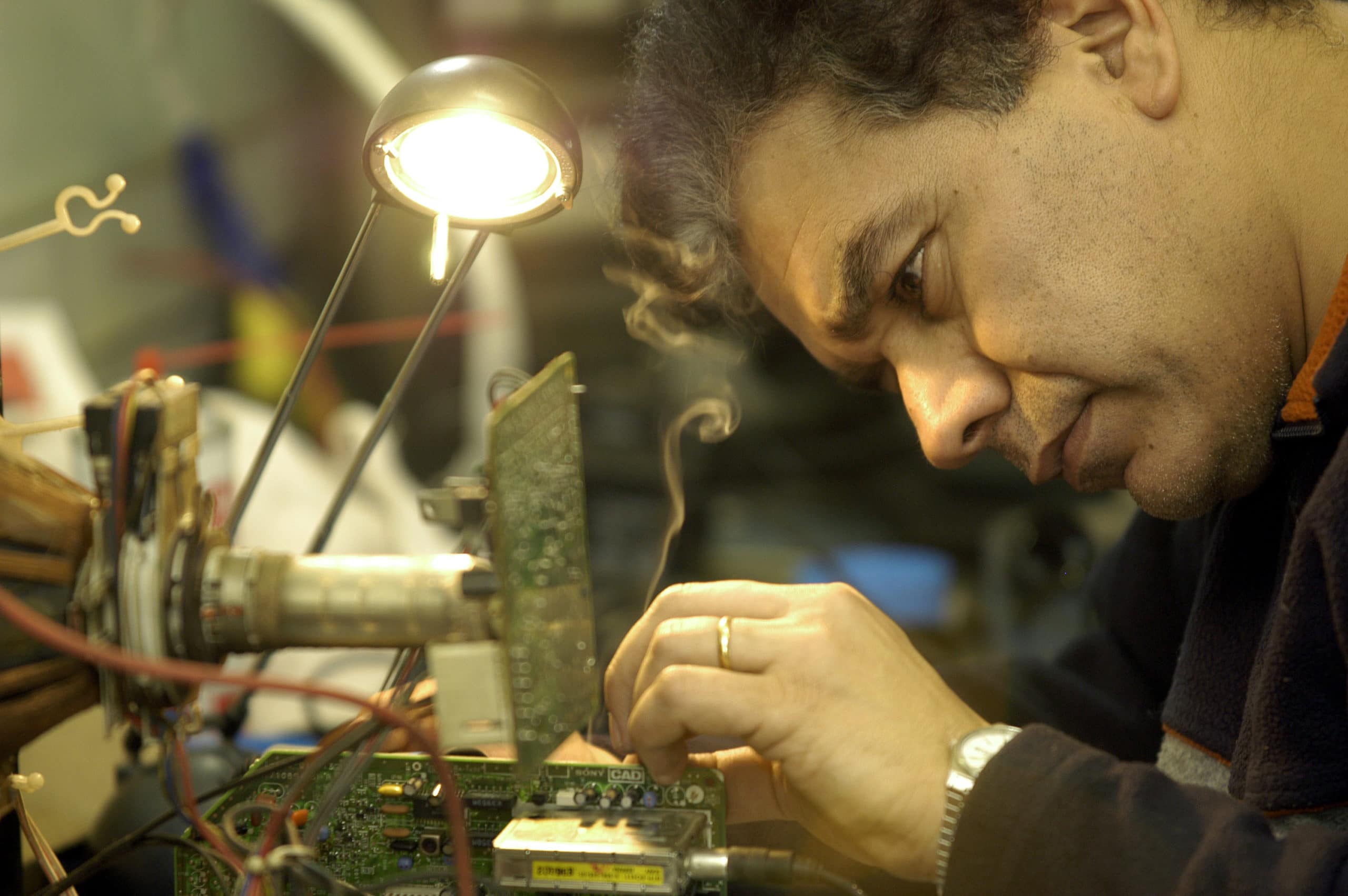In Europe 77% of citizens would be willing to have their goods repaired but hardly ever do because it is too expensive for them to do so [1]. Re-use and repair activities need to be made cheaper in order for Europe to keep the value of products and prevent wasting resources.
The Commission’s Circular Economy Action Plan encourages the use of economic instruments to help ensure the extension of a products lifespan through re-use and repair, acknowledging also that these activities are labour intensive and thus contribute to the EU’s jobs and social agenda. One such instrument is the use of Value Added Tax (VAT).
Based on examples from around Europe and experience of social enterprises from RREUSE network this briefing outlines policy recommendations on how differentiated VAT can make repair cheaper and boost jobs in re-use & repair activities. The briefing also touches on other tax related measures that could be used to encourage citizens to donate used goods to charitable organisations as well as having their things repaired, rather than throwing them away or replacing as soon as they break down.
This position paper was submitted as a part of the RREUSE response to a European Commission Consultation on possible reform of VAT rates policy which could take place in the near future [2].
[1] Eurobarometer 388
[2] European Commission (2016) EU Action Plan on VAT rates
Read more:
RREUSE position on Commission’s circular economy package proposals


